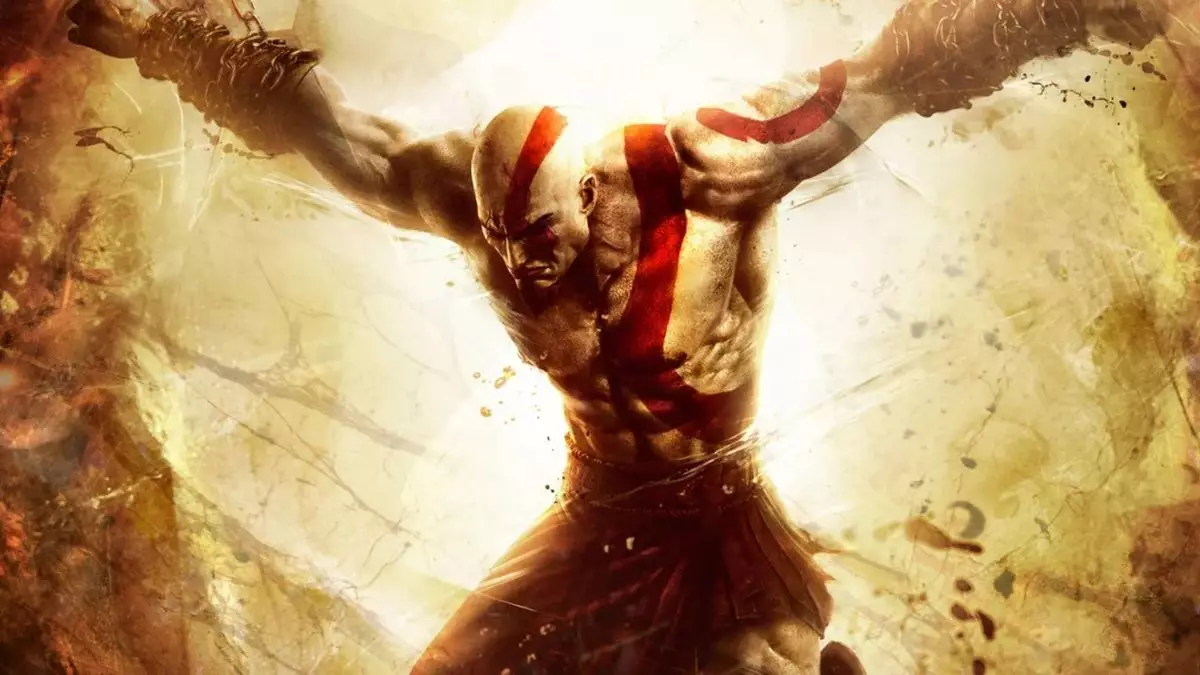God of War: Ascension, a prequel in the iconic series featuring the anti-hero Kratos, continues to defy expectations with its multiplayer mode still operational a decade later. Originally launched in 2013, this game was groundbreaking as it introduced multiplayer elements, an unconventional approach for a franchise that typically focused on single-player experiences. The longevity of its online servers stands as a testament to the dedicated community that has emerged over the years. While some may argue that the multiplayer component didn’t receive the same acclaim as its single-player counterparts, its persistent fanbase suggests that there’s something appealing about the challenges it presents.
Ascension’s multiplayer functionality offers both Player versus Player (PvP) battles and cooperative Player versus Environment (PvE) experiences, diversifying how players engage with the game. Bruno Velazquez, a prominent figure in the creation of the God of War series, has publicly encouraged newcomers to explore this unique multiplayer aspect, specifically referencing the option to team up against formidable foes like Hercules. Such encouragement from the game’s developers highlights the pride they have in this portion of Ascension, suggesting that it holds an importance that is often overshadowed by the series’ more prominent entries.
Players have been warned, however; those entering the fray may become fodder for the veterans who have had over a decade to master their skills. Recent commentary on social media indicates that many of these long-time players have perfected their techniques in PvP, making them formidable opponents for anyone wanting to join the fun. It underscores an intriguing phenomenon: a game that has grown richer with time as players diligently honed their abilities, creating a competitive environment that is both exhilarating and intimidating for newcomers.
Recent discussions surrounding God of War: Ascension have brought the game into the spotlight, particularly in light of comparisons to FromSoftware’s upcoming title, Elden Ring: Nightreign. Both games showcase cooperative gameplay elements, highlighting a shifting trend in the gaming landscape where multiplayer features are becoming increasingly important, even in franchises traditionally focused on solitary narratives. This juxtaposition sheds light on the solid foundation that Ascension provided, paving the way for future titles to explore collaborative play.
Mihir Sheth, another key developer involved with God of War: Ragnarok, has reminisced about the dedicated team that developed Ascension’s multiplayer, attributing its success to their innovative spirit and ability to overcome constraints during development. This suggests that, despite its mixed reception at launch, the multiplayer aspect of Ascension deserved more recognition for its ambition and execution.
In today’s gaming world, where new titles constantly compete for players’ attention, it’s notable that Ascension has retained a dedicated audience. The sheer commitment of its player base indicates that multiplayer experiences can foster strong community bonds, even years after a game’s release. As one player humorously noted after experiencing a series of defeat in PvP, the current players are “literally Gods” at the game, encapsulating the competitive spirit and skill some have amassed.
The persistent online servers not only speak to the quality of the multiplayer mode but also to the effectiveness of its design. This aspect is amplified by the community’s continued engagement, which serves as a counter-narrative to the debate over live-service games, particularly as reports indicate Sony’s cancellation of an unannounced God of War live-service title. It seems that Ascension’s multiplayer could offer a model for successful community engagement that other live-service projects may overlook.
As the years continue to pass, God of War: Ascension stands as an emblem of the enduring legacy of multiplayer gaming within a franchise known for its narrative-rich single-player experiences. Its active servers and dedicated player community affirm that a well-designed multiplayer mode can maintain relevance and foster continuous engagement. Whether players are looking to challenge themselves against seasoned combatants or join forces to tackle legendary foes, Ascension remains a vibrant and essential part of the God of War saga—an unexpected triumph that has aged gracefully, inviting both nostalgia and fresh exploration.


Leave a Reply